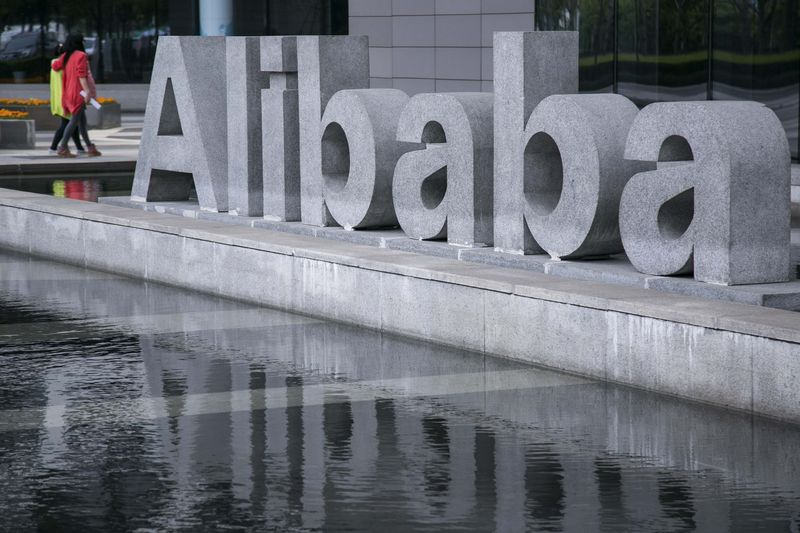Quiver Quantitative - Alibaba (NYSE:BABA) Group Holding Limited (BABA) is undergoing significant leadership changes, with CEO Eddie Wu taking direct control of its main domestic e-commerce operations, Taobao and Tmall Group. This move follows a series of challenges and competition, particularly from PDD Holdings (PDD), which recently overtook Alibaba as China's most valuable online-retail company.
Wu's appointment replaces Trudy Dai, a founding member of Alibaba and the previous CEO of Taobao and Tmall Group. This leadership reshuffle is part of a broader restructuring aimed at rejuvenating the company, which has faced regulatory headwinds and market challenges since co-founder Jack Ma's regulatory crackdown. Wu, who recently filled the CEO position vacated by Daniel Zhang, will now lead both Alibaba's e-commerce and cloud businesses, marking a significant consolidation of leadership roles within the company.
Market Overview: -Asian stocks closed mostly lower, with concerns about slowing economic growth in China and the ongoing war in Ukraine dampening sentiment. -The Hang Seng Index in Hong Kong dropped 2.5%, while the mainland CSI 300 index fell 1.6%. -In Japan, the Nikkei 225 edged down 0.3%, while the Topix gained 0.1%. -European markets traded sideways, with the Euro Stoxx 50 index flat and the DAX in Germany up 0.2%. -U.S. futures indicated a slightly higher open for the major indices ahead of key economic data releases later in the week.
Key Points: -Alibaba Group CEO Eddie Wu assumed direct control of the company's domestic e-commerce arm, Taobao and Tmall Group, replacing long-time leader Trudy Dai. -This move signifies a significant leadership shift at Alibaba, which has been struggling with new competition from rivals like PDD Holdings and regulatory challenges. -Wu also leads Alibaba Cloud Intelligence Group, indicating his central role in driving both core businesses at the company.
Looking Ahead: -Investor focus will be on Wu's ability to revive Alibaba's domestic e-commerce business and navigate the competitive landscape. -The establishment of a new asset-management division raises questions about potential divestments and the direction of Alibaba's non-core holdings. -Macroeconomic headwinds, including China's slowdown and geopolitical tensions, remain potential risks for the company's overall performance.
Despite pioneering online shopping in China and diversifying into areas like cloud computing and digital entertainment, Alibaba's dominance has waned. The company's stock price, once soaring post-IPO, now hovers near its initial offering price. This management overhaul comes as Alibaba seeks to navigate a competitive landscape, including losing its top spot in market capitalization to PDD Holdings and its platforms Temu and Pinduoduo.
In addition to the leadership change, Alibaba is establishing a new asset-management company to manage its non-core assets. This strategy aims to improve capital returns and enhance shareholder value, signaling a focused effort to address the company's current market and operational challenges.
This article was originally published on Quiver Quantitative
